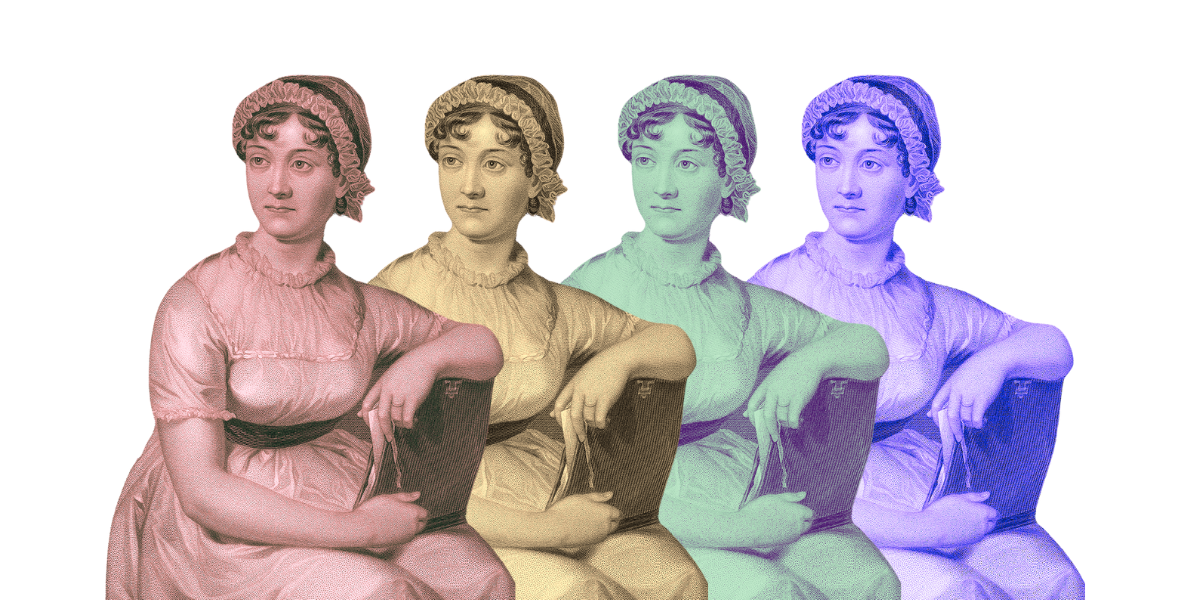Escribir sin editar sobre la marcha es la filosofía central de la escritura libre. Recuerda que el objetivo de escribir es registrar un primer borrador y plasmar tus ideas en la página. La revisión es un paso aparte en el proceso de escritura y debe reservarse para etapas posteriores.
Pero es más fácil decirlo que hacerlo, ¿verdad? Si nunca has intentado escribir un borrador —o quizás sí, pero te estás oxidando—, es importante seguir varias reglas para evitar la edición sobre la marcha que es tan natural para los escritores, así como otras distracciones.
Para guiarte en tu práctica, hemos recopilado las 14 reglas de Freewrite para la redacción anticipada. Ponlas en práctica en tu próxima sesión de escritura y descubre cómo agilizan tu proceso de redacción y aumentan tu productividad durante la fase de redacción.

1. Investiga después de redactar el borrador. (¡O antes!)
Sin duda, la investigación es importante en diversas industrias y géneros literarios. Sin embargo, puede convertirse en una de las peores formas de procrastinación. Es especialmente complicada porque te convence de que realmente estás siendo productivo. Entonces, ¿cómo evitarlo?
Complete la mayor parte de su investigación antes de redactar el borrador. Como alternativa, para temas de su especialidad, considere posponer la investigación hasta la fase de revisión. Durante el borrador, si llega a un punto que requiera verificación de datos o información adicional, deje una indicación dentro del texto y continúe con el proceso de redacción.
2. Establezca una meta específica.
Comienza con una comprensión clara de lo que quieres lograr en este primer borrador. También deberías tener un objetivo cada vez que te sientes a escribir. Este objetivo puede ser tan tangible como un esquema o notas escritas en notas adhesivas, o puede ser simplemente "escribir durante 25 minutos". (Si te gustan los sprints cronometrados, ¡prueba el método Pomodoro!)
3. Afrontar las distracciones externas.
Hemos hecho el trabajo duro por ti al crear Freewrite. Ahora, apaga la televisión y guarda tu teléfono en otra habitación. Reserva tu tiempo de escritura en un calendario para que tus seres queridos sepan cuándo no debes interrumpirte.
4. Silencia a tu crítico interno.
Evita la tentación de criticar o editar tu trabajo sobre la marcha. En cambio, concéntrate en plasmar tus ideas sin juzgar.
5. Decide que vas a escribir un primer borrador desordenado.
No basta con decir que no vas a criticar tu trabajo; te recomendamos decirlo sin rodeos: «Mi objetivo es escribir un primer borrador desordenado». Escríbelo, pégalo en la pared y acepta la imperfección. Esto es fundamental para poder escribir con libertad.
6. Desactive su corrector ortográfico interno.
Freewrite no tiene corrector ortográfico ni gramatical. Y lo hace a propósito. Cada línea irregular es una distracción, un momento en el que se interrumpe el flujo de escritura y hay que resistirse a volver a corregir las erratas. Aunque tus ojos reconozcan las erratas, ¡entrena tu cerebro para corregirlas después!
Nota: Esto es difícil, especialmente para escritores, y podría llevarte tiempo dominar este método. Te recomendamos encarecidamente que te esfuerces por entrenar tu cerebro para que no se tropiece con errores tipográficos. Esto te ayudará a mantener la fluidez por más tiempo. Además, con todo el software de edición disponible hoy en día, ¡limpiar un primer borrador desordenado es más fácil que nunca!
7. Evite pensar demasiado.
Confía en tu instinto y escribe sin analizar cada frase. ¿Te pareció una tontería la última frase? ¡ ¿Qué más da?! Todo vale en un primer borrador desordenado. ¡Ya lo perfeccionarás y revisarás después!
8. Escribe rápido.
Esta técnica adicional te permite conectar con esa profunda reserva creativa, inaccesible durante los períodos de sobrepensamiento. Busca un estado de fluidez donde tu ritmo de escritura coincida con el natural de tus pensamientos.
9. Fomentar el impulso hacia adelante.
Si sufres de bloqueo creativo o te encuentras con dificultades con una sección difícil, evita detenerte a reflexionar sobre ella. En lugar de eso, pasa a otra parte y revisa la sección problemática más tarde.
Personalmente, consideramos que es beneficioso insertar una nota directamente en el borrador, que sirva como recordatorio para volver a visitar ese punto en particular durante la fase de edición.
10. Utilice marcadores de posición.
Si te cuesta encontrar la palabra perfecta o necesitas verificar una fuente, simplemente inserta un marcador de posición y continúa escribiendo. Nuestro marcador de posición preferido es "xx", ya que se puede buscar fácilmente con software de edición. Como alternativa, algunos prefieren marcadores de posición como "[INSERTAR CITA]" o "[VERIFICAR FUENTE]". Estos espacios en blanco se pueden rellenar durante la edición.
11. No hay marcha atrás.
Aunque los dispositivos Freewrite tienen teclas de retroceso, te animamos a usarlas lo menos posible. O incluso a no usarlas. Recuerda: todo se puede arreglar después. Pero tu fluidez de escritura es frágil.
12. Acepte la redundancia.
Con frecuencia, durante el proceso de redacción, se nos ocurre una frase brillante, incluso si describe algo ya mencionado. Si esto te sucede, evita retroceder, eliminar la frase inicial y sustituirla por la nueva. ¡En lugar de eso, continúa escribiendo la nueva frase! Abordar estas redundancias es una tarea sencilla que puede abordarse durante la fase de edición.
13. Experimento.
Prueba diferentes estilos y enfoques sin prejuicios. Podrás evaluar y elegir el mejor más adelante, durante la etapa de edición.
14. Disfruta del flujo creativo y céntrate en la alegría de crear.
Si pones en práctica las reglas anteriores de redacción anticipada, creemos que descubrirás una forma de escribir que quizá no hayas experimentado desde niño. Te sorprenderá lo mucho que escribes, las ideas creativas que surgen de tu imaginación y lo mucho que te diviertes escribiendo.
¿Quieres saber más? Descarga "Libera tu historia: Guía del escritor para la escritura libre" totalmente gratis.































